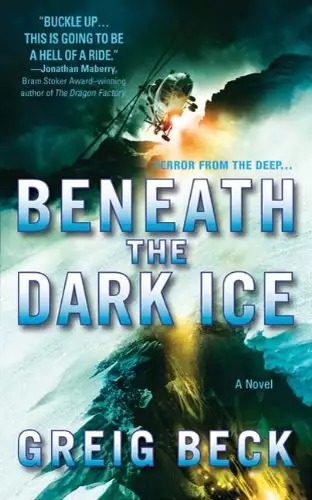One
We hope you are enjoying the book so far. To continue reading...
Beneath the Dark Ice
Greig Beck
Copyright © 2025 All Rights Reserved
Close
